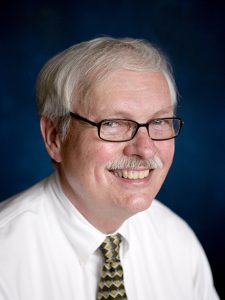Academics Shaping the
Wisconsin Dialogue on LGBT History
Wisconsin Dialogue on LGBT History
Link to video, October 4th, 2016.

One day late in 1978, Dick Wagner was driving across town. The light at Wilson and Williamson had turned red, and he was stopped there. As the car idled, a voice came over the radio. “This is Harvey Milk,” it said. “This is to be played only in the event of my death by assassination.”
Earlier that day, November 27, the San Francisco city supervisor, the nation’s most outspoken openly gay politician, had been shot three times in the chest and twice in the head by fellow supervisor Dan White. Now, his voice was coming across the airwaves.
“If a bullet should enter my brain, let that bullet destroy every closet door,” the voice said. “I would like to see every gay lawyer, every gay architect come out, stand up and let the world know … I urge them to do that, urge them to come out. Only that way will we start to achieve our rights.”
“I knew once I heard that,” Wagner says now, “that there was no going back.”
Dick Wagner drove along listening to a dead man’s words, and he made a choice. He had been dabbling in politics for some years but had avoided diving in for fear of disgracing himself like Brigham Anderson, the gay Mormon Senator in Allen Drury’s novel Advise and Consent.
But after Harvey Milk’s death, he decided he wasn’t going to hide anymore. Jim Yeadon had just been elected to the Madison City Council, the third openly gay politician in the nation, and there was no reason Wagner shouldn’t do the same. So in 1980, Dick Wagner ran for and won a seat on the Dane County Board, joining the ranks of one of the most open political machines in the country. Madison has produced more gay and lesbian political leaders than any other city its size, and more than many larger cities.
Two years after Wagner was elected, State Representative David Clarenbach, who led the nation’s largest gay and lesbian rights political action committee in the late ’90s, introduced a gay rights bill that was signed by Republican Governor Lee Dreyfus. This made Wisconsin the first state in the Union to grant gays and lesbians legal protection from discrimination.
In 1983, after gay rights activist Kathleen Nichols had been elected to the Dane County Board, she and Wagner were sent out on a fact-finding mission around the state, where they found many leaders didn’t even know they had gays and lesbians in their towns. Based on their findings, Democratic Governor Tony Earl appointed the Governor’s Council on Lesbian and Gay Issues.
Hear Dick Wagner speak on Wisconsin Public Radio prior to his appearance with us.
Assigned Readings: